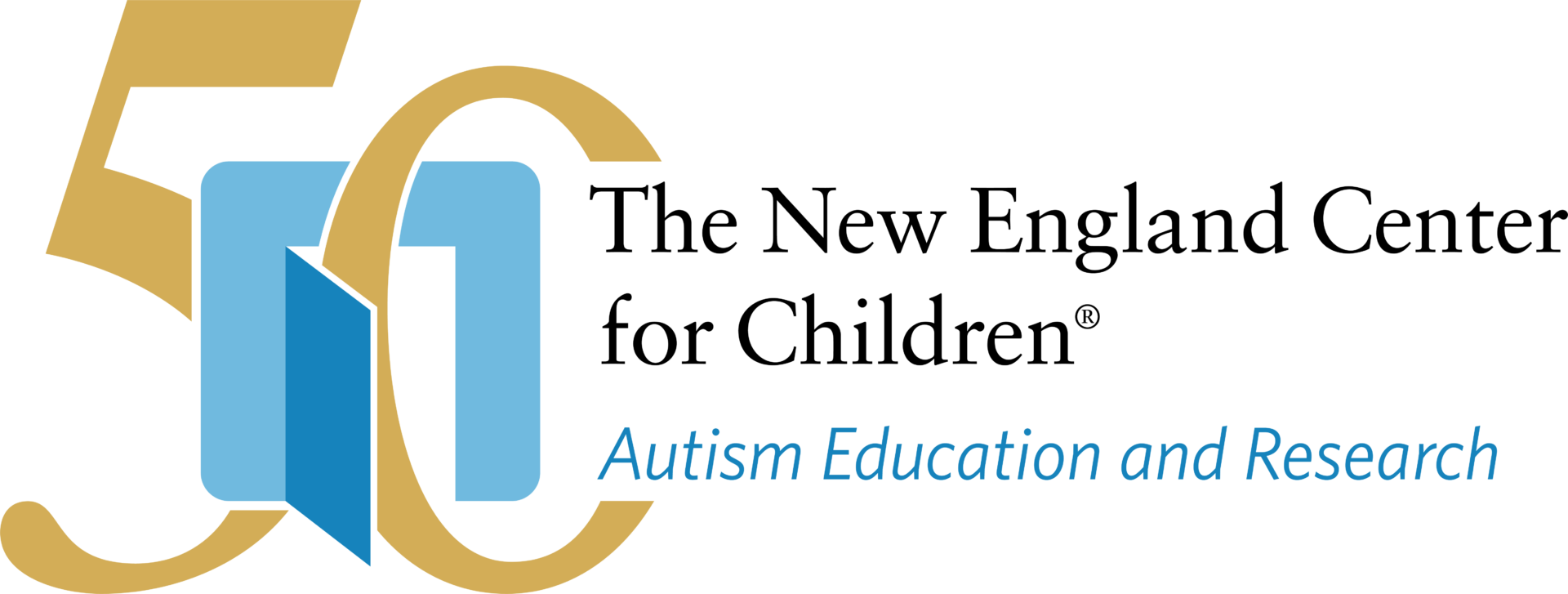There are no definitive diagnostic tests for autism. The soundest means of determining diagnosis is a thorough review of the child’s developmental history and observation of their behavior in structured and unstructured situations. The diagnostic tools most often turned to by pediatricians, who are the front line of noting developmental problems, are the Diagnostic and Statistical Manual of Mental Disorders (DSM) and the International Classification of Diseases (ICD). When a pediatrician suspects autism or another developmental disorder, they should refer the child’s family to a specialist in childhood development. When a child is referred to a specialist for formal testing, a caregiver interview instrument is often the first diagnostic tool used. Two tools require clinicians to receive competency-based training to implement them. One is the Autism Diagnostic Interview (ADI), developed by a panel of autism experts headed by Catherine Lord in 1994, and the other is the Diagnostic Interview for Social and Communication Disorders (DISCO), developed by Lorna Wing and colleagues in the UK. A structured observation of the child should also be conducted and the currently accepted gold standard for this is the Autism Observation Diagnostic Schedule (ADOS). Clinicians are also required to pass competency-based trainings to administer this tool.
